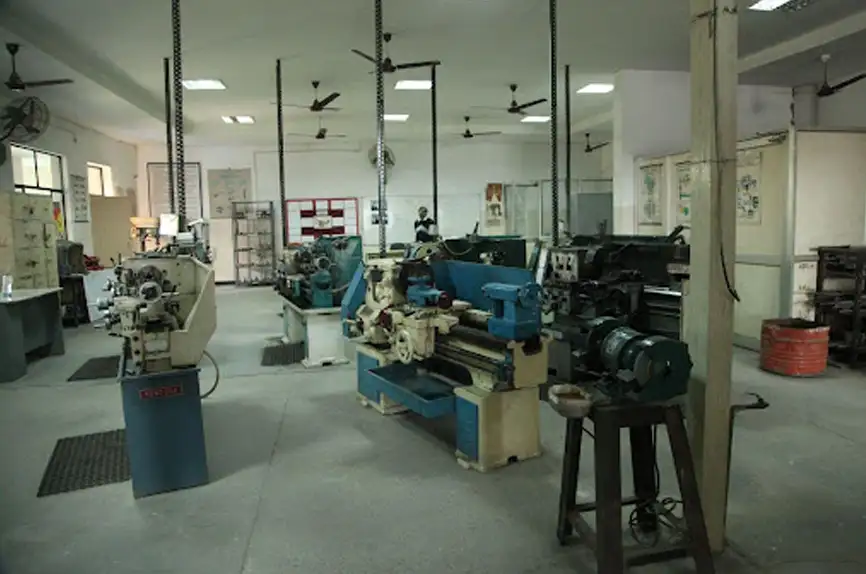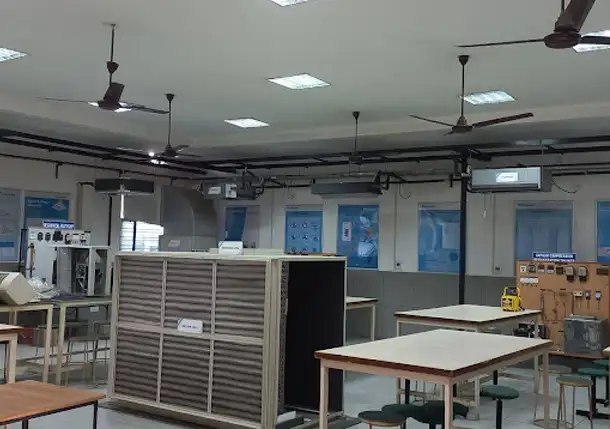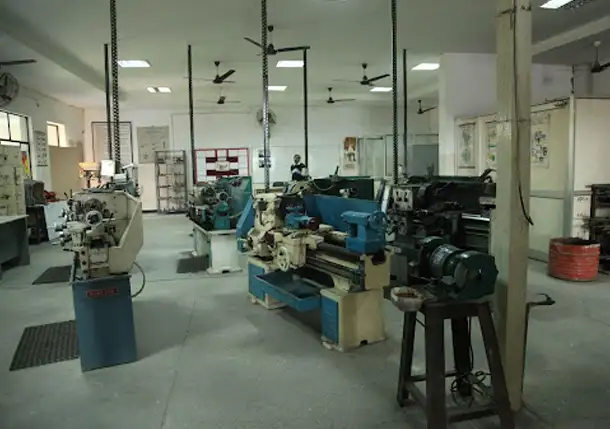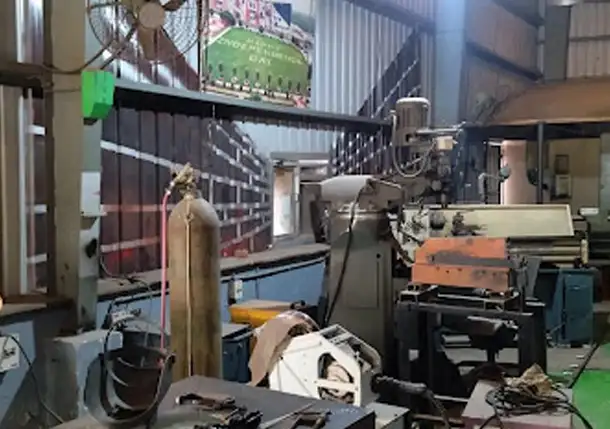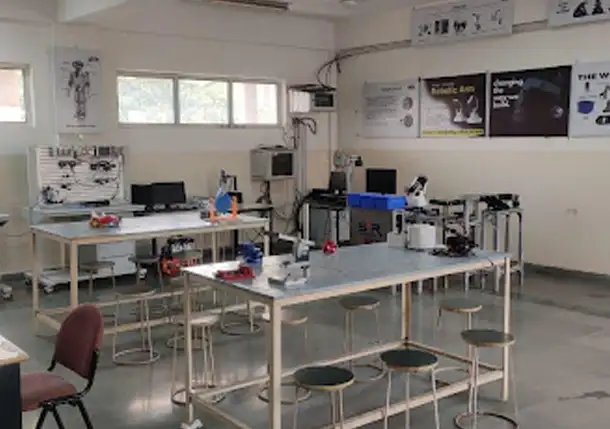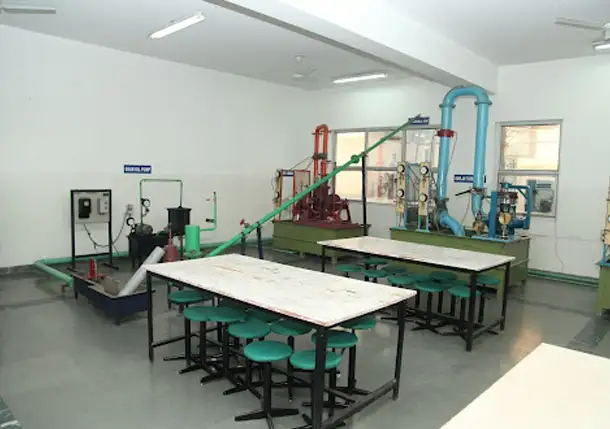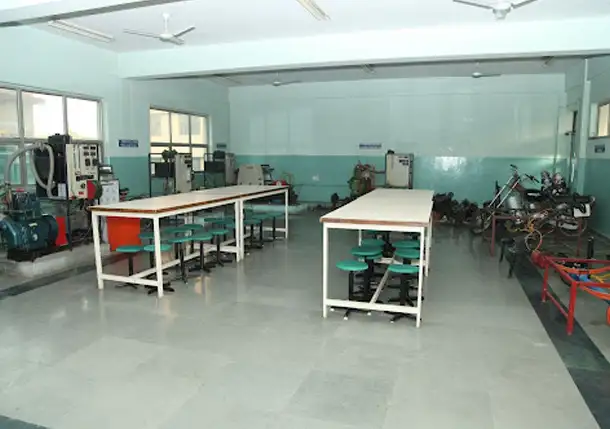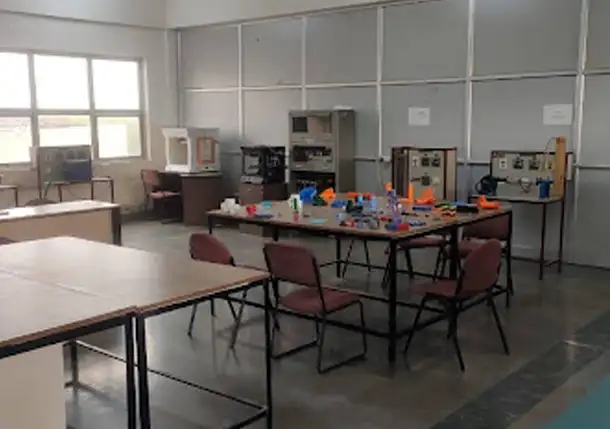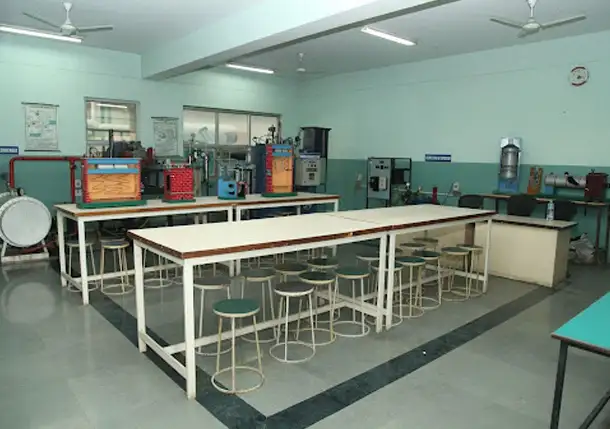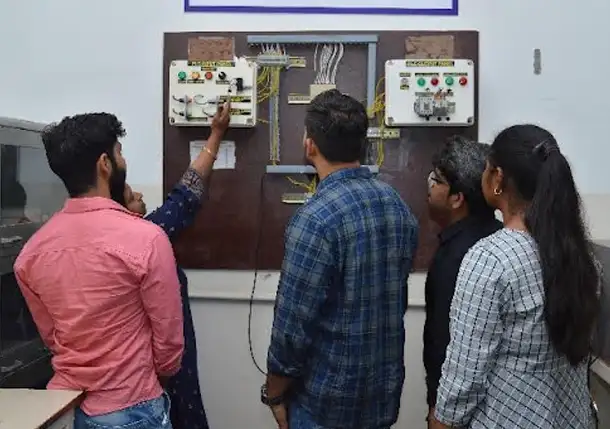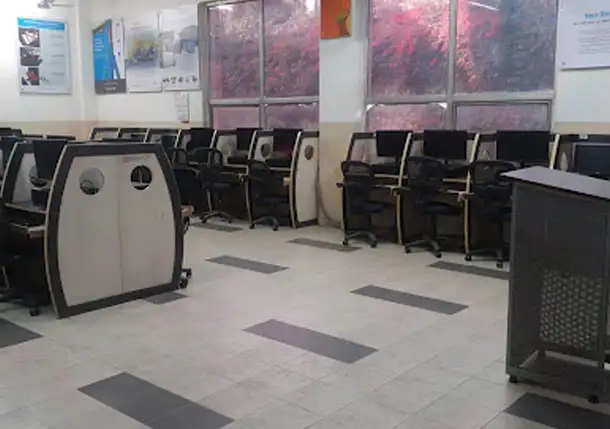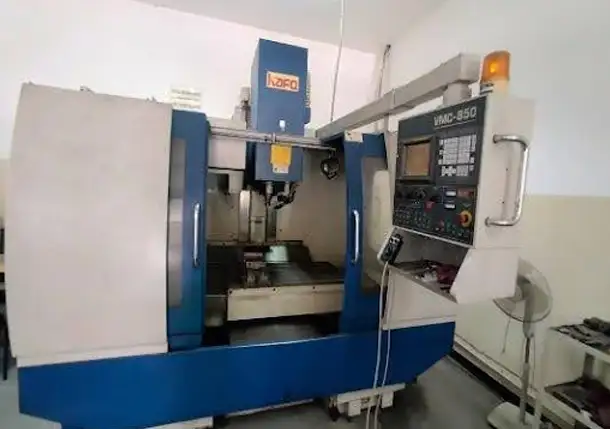MREI
Manav Rachna Educational Institutions
- Tuition and Financial Aid
- MR Universe
- Student Support
- Important Links
- Spotlight
Manav Rachna University
- About MRU
- Academics
- Schools
- Research
- Life @ MRU
- Placement
- Admissions
- Global Panorama
- About Academics
- Professor of Practice
- Dean Academic’s Message
- Academic Council
- Academic Calendar
- Programs
- Academic Guidelines & Policies
- Teaching Learning Methodologies
- IQAC
- Academics Facilities
- Examination & Assessment
- Initiatives & Innovative Practices
- Our Esteemed Faculty
- Circulars
- Advanced Placement (AP) Program – College Board



